Here is my code.
#include<stdio.h>
main()
{
float H,U,D,F;
int x=0,i=0;
scanf("%f %f %f %f",&H,&U,&D,&F);
while(H>x){
x=x+U-D;
U=U-(F/100*U);
i++;
printf("%d\t%d\t%2lf\t%2lf\t%2lf\n",i,x,U,D,F);
}
printf("%d",i);
}
It has fallen in an infinite loop. What's the problem here?
